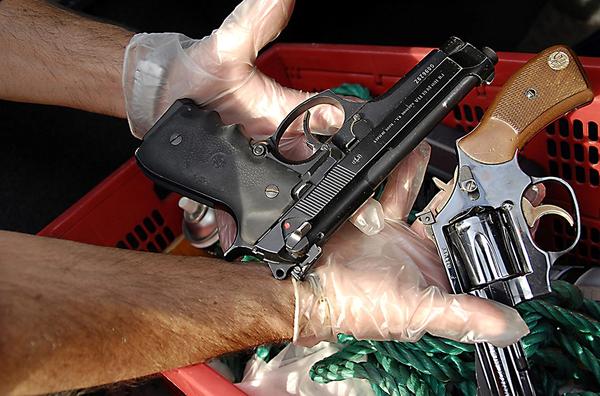WSi News2018-07-05 11:13:40
An operation led by the Spanish National Police and supported by INTERPOL has dismantled an extensive organized crime network and resulted in the arrest of some 130 organized crime suspects, including several high-level individuals.
Operation Kus (25 – 29 June), which targeted transnational Eurasian organized crime networks and the criminals at the highest ranks, known as ‘Thieves in Law’, was one of the largest actions of its kind conducted in Spain.
The operation concluded a two-and-a-half year investigation of the Spanish Police into organized crime in the country. It was supported by INTERPOL, Europol and the French and Georgian Police.
At the request of the Spanish Police, INTERPOL deployed a team of experts under the umbrella of its Project Millennium to provide operational support by checking arrested individuals against the Organization’s fingerprints and facial recognition databases, and liaising with other member countries to exchange information and intelligence.
In total, 129 individuals were arrested across Spain and in France, the majority of Armenian origin. The arrests included seven suspected Thieves in Law from the highest level of the Eurasian criminal hierarchy, one of whom was the subject of an INTERPOL Green Notice warning police worldwide about known criminals likely to commit crimes in other countries.
The organized crime network is suspected of involvement in a range of transnational crimes including drug and weapons trafficking, money laundering, fraud and corruption.
Raids were conducted at more than 70 properties during the operation, leading to the seizure of weapons, vehicles, jewellery, illicit cigarettes and cash.
Paul Stanfield, INTERPOL’s Director of Organized and Emerging Crime, highlighted the importance of a coordinated international approach to tackling organized crime.
“These criminal networks have no regard for national borders as they seek to make a profit from their illicit activities,” said Mr Stanfield.
“International cooperation using INTERPOL’s policing capabilities can uncover connections between cases and help police identify known criminals residing in their jurisdictions,” he concluded.
Intelligence and forensic evidence gathered during the operation has been registered in INTERPOL’s Project Millennium intelligence database to support further investigations and connect investigations worldwide.
